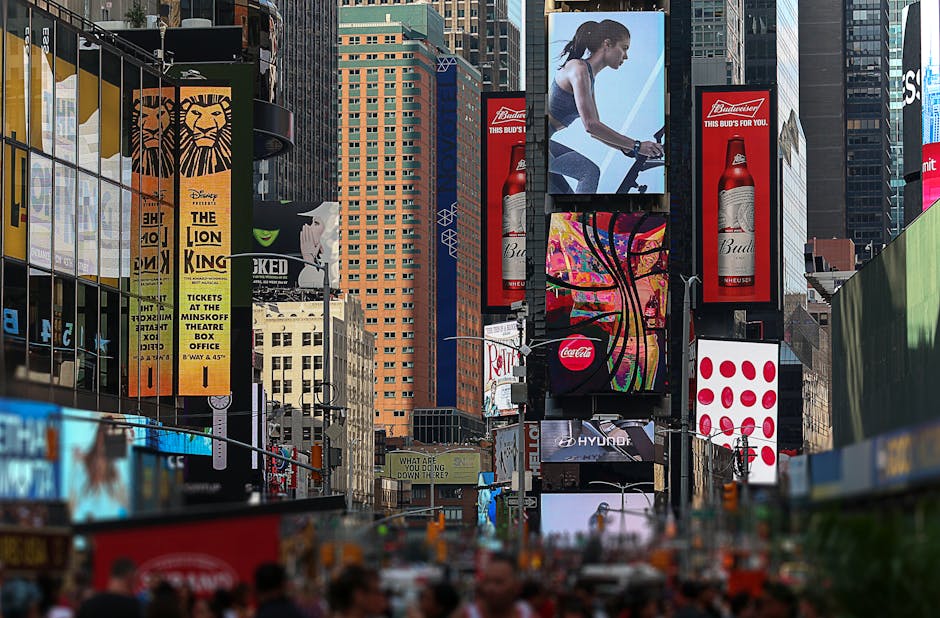
Introduction
The travel and hospitality industry is undergoing a seismic shift, driven by technological advancements. As consumers increasingly seek personalized experiences, businesses are turning to AI in tourism to enhance their services. This blog post explores how AI solutions are transforming the travel experience, enhancing customer satisfaction, and revolutionizing operations in the hospitality industry.
Understanding AI in Tourism
Artificial Intelligence (AI) encompasses a wide range of technologies, from machine learning to natural language processing. Its applications in tourism are vast, offering solutions that cater not only to operational efficiency but also to enriching the customer experience. In today’s competitive market, leveraging travel technology like AI tools is essential for companies aiming to stand out.
The Role of AI in Customer Experience Enhancements
One of the most significant contributions of AI in the hospitality industry is its potential to enhance customer experience. Businesses are utilizing AI-driven tools to streamline bookings, providing a more intuitive and engaging experience.
- Personalized Recommendations: AI algorithms analyze customer data to suggest tailored travel packages, accommodations, and activities. This level of personalization not only boosts satisfaction but also increases conversion rates.
- Chatbots and Virtual Assistants: Automated services in tourism are being revolutionized by AI-powered chatbots that offer 24/7 customer support. These virtual assistants can resolve queries, provide travel information, and manage bookings—all in real-time.
- Sentiment Analysis: By monitoring guest feedback on various platforms, AI tools can gauge customer sentiment, enabling businesses to respond proactively to concerns and enhance overall service quality.
AI Solutions for Hospitality Management
The application of AI extends beyond customer interaction. It is also reshaping the backend of hospitality management, optimizing operations and reducing costs.
- Revenue Management: AI-driven analytics help hotels predict demand and adjust pricing strategies in real-time, maximizing revenue. This allows properties to remain competitive without sacrificing profits.
- Inventory Management: With AI tools, hospitality managers can automate inventory tracking, ensuring that supplies are optimally maintained, minimizing waste, and reducing operational costs.
- Maintenance Alerts: Predictive maintenance powered by AI detects when equipment requires servicing, thereby preventing breakdowns and ensuring a seamless guest experience.
Smart Travel and the Future of Tourism
As technology evolves, so does the concept of smart travel. This term refers to travel practices enhanced by technology, creating seamless and rewarding experiences for travellers. AI plays a pivotal role in shaping this future.
Integrating AI into Travel Technology
Travel agencies and airlines are integrating AI into their systems, providing travelers with more than just tickets and itineraries.
- Smart Itineraries: AI technology can create dynamic itineraries that adapt to real-time changes, such as flight delays or last-minute bookings.
- Virtual Reality Previews: Potential guests can now explore destinations through immersive VR experiences, helping them make informed decisions and expect optimal services.
- Augmented Reality Navigation: Many cities are adopting AR technologies to help tourists navigate unfamiliar locations, enhancing their travel experience.
Challenges and Considerations
Despite the clear advantages of integrating AI solutions for hospitality, there are challenges to consider:
- Data Privacy: With the increasing collection of personal data, businesses must ensure the protection of customer information and comply with regulatory standards.
- Technological Limitations: Not all businesses, especially smaller ones, have the resources to implement advanced AI solutions effectively.
- Training and Adoption: Staff training is crucial to fully utilize AI tools. Resistance to change can hinder the potential benefits of these innovations.
Conclusion
The infusion of AI into the hospitality industry represents a significant leap forward in enhancing the customer experience and optimizing operational efficiencies. From automated services in tourism to smart travel innovations, AI is revolutionizing how businesses operate and interact with their clients. As technology continues to evolve, the potential for AI to reshape the travel landscape is limitless, creating opportunities for businesses to thrive in a competitive market while providing travelers with extraordinary experiences.